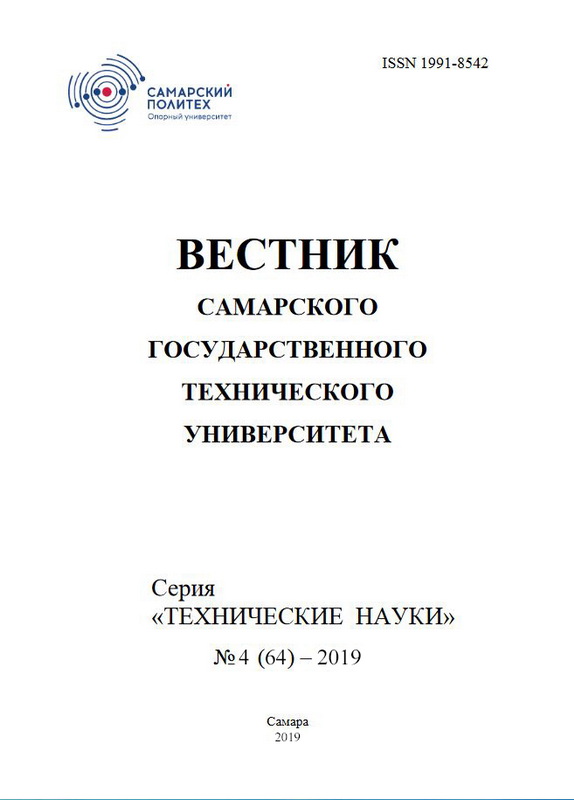Автоматическая коррекция радиальных отклонений ротора микроэлектропривода методом сигнально-адаптивной обратной модели
- Авторы: Дымов И.С.1, Котин Д.А.1, Панкрац Ю.В.1
-
Учреждения:
- Новосибирский государственный технический университет
- Выпуск: Том 27, № 4 (2019)
- Страницы: 127-141
- Раздел: Электротехника
- URL: https://journals.eco-vector.com/1991-8542/article/view/21355
- DOI: https://doi.org/10.14498/tech.2019.4.%25u
- ID: 21355
Цитировать
Полный текст
Аннотация
Статья посвящена разработке и исследованию системы автоматической коррекции радиального положения ротора микро-электропривода, применяемого в прецизионных технологических установках. Предлагается новый подход к решению проблемы стабилизации вращающейся части электрической машины, основанный на активной текущей стабилизации его пространственного положения. Автоматическая стабилизация достигается путем организации в электромеханической системе электромагнитного воздействия реверсивного характера. Предлагается применять парные группы электромагнитов, действующих на объект управления. Разработка алгоритма автоматической коррекции производится методом сигнально-адаптивной обратной модели. Такой подход способен обеспечить желаемые показатели качества процесса управления нелинейным объектом, а также достичь нечувствительности системы коррекции к внешним и к внутренним сигнальным и параметрическим возмущениям. Приводятся описание способа конструктивной реализации подхода, методика структурного синтеза закона управления. В статье представлены структурные и функциональные схемы системы автоматической коррекции радиальных отклонений, а также результаты имитационного моделирования, подтверждающие перспективность проведенного исследования.
Ключевые слова
Об авторах
И. С. Дымов
Новосибирский государственный технический университет
Автор, ответственный за переписку.
Email: Info@eco-vector.com
Россия
Д. А. Котин
Новосибирский государственный технический университет
Email: Info@eco-vector.com
Россия
Ю. В. Панкрац
Новосибирский государственный технический университет
Email: Info@eco-vector.com
Россия
Список литературы
Дополнительные файлы







